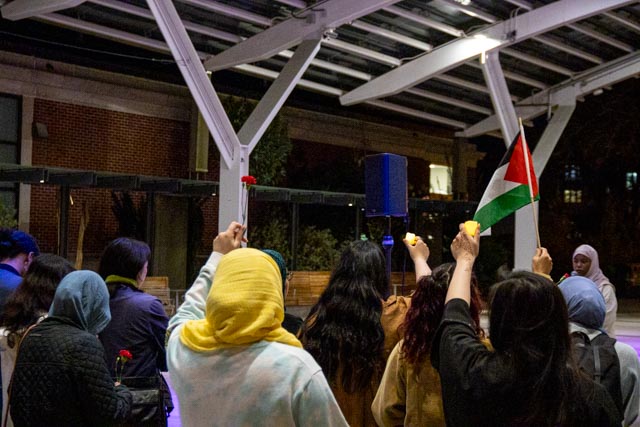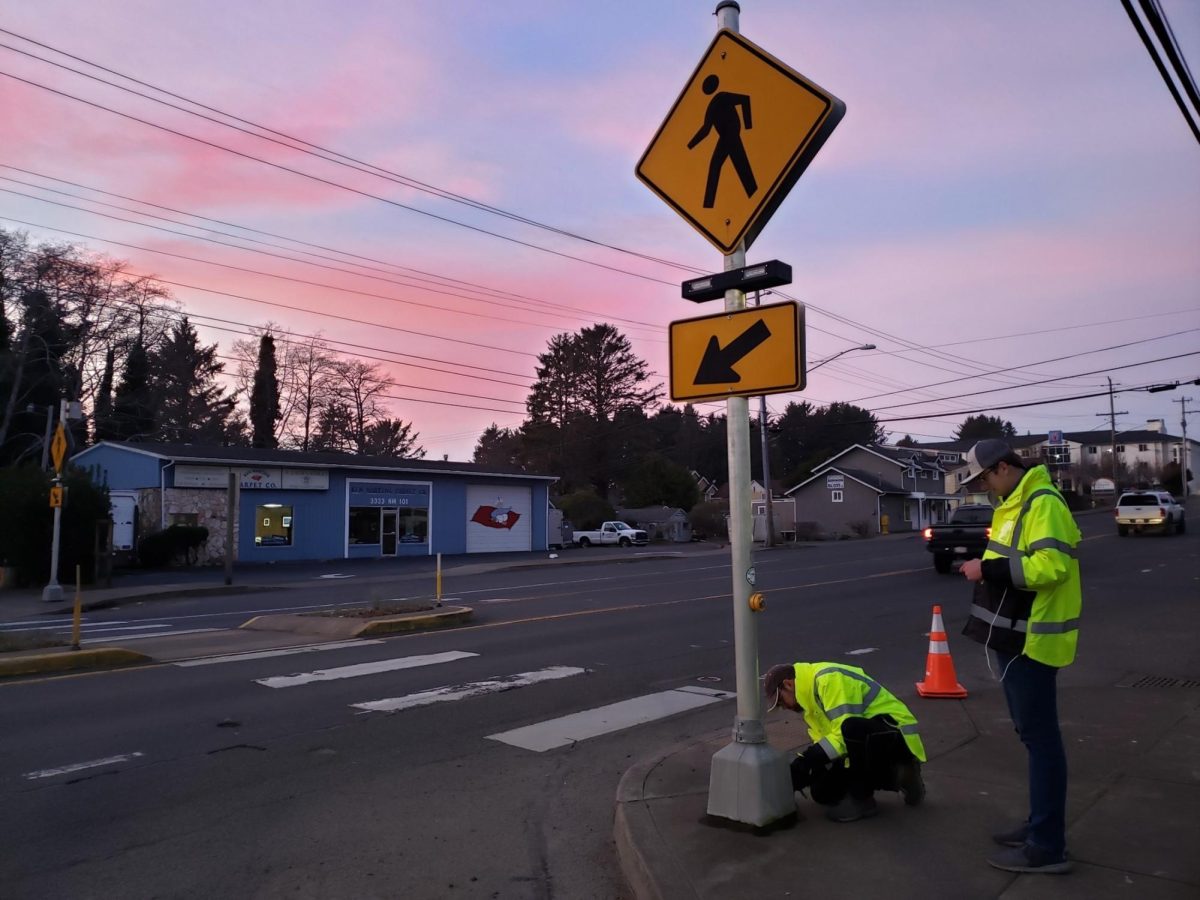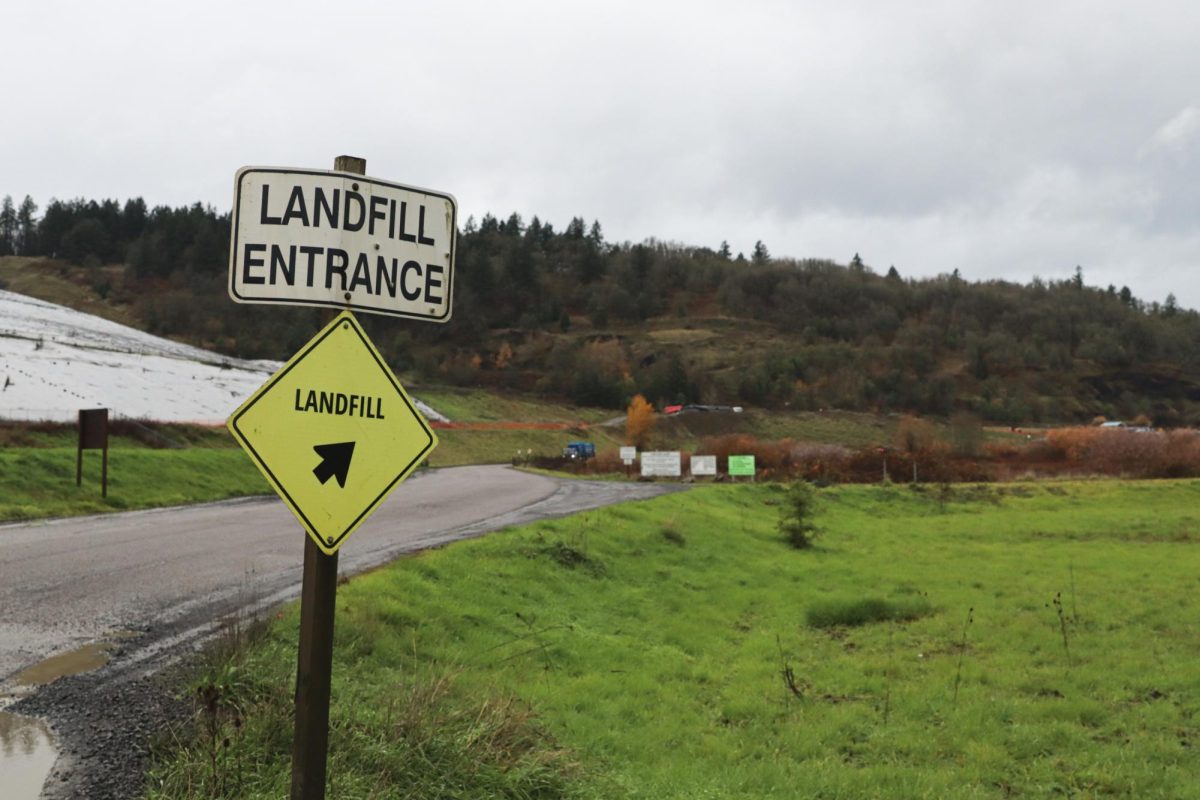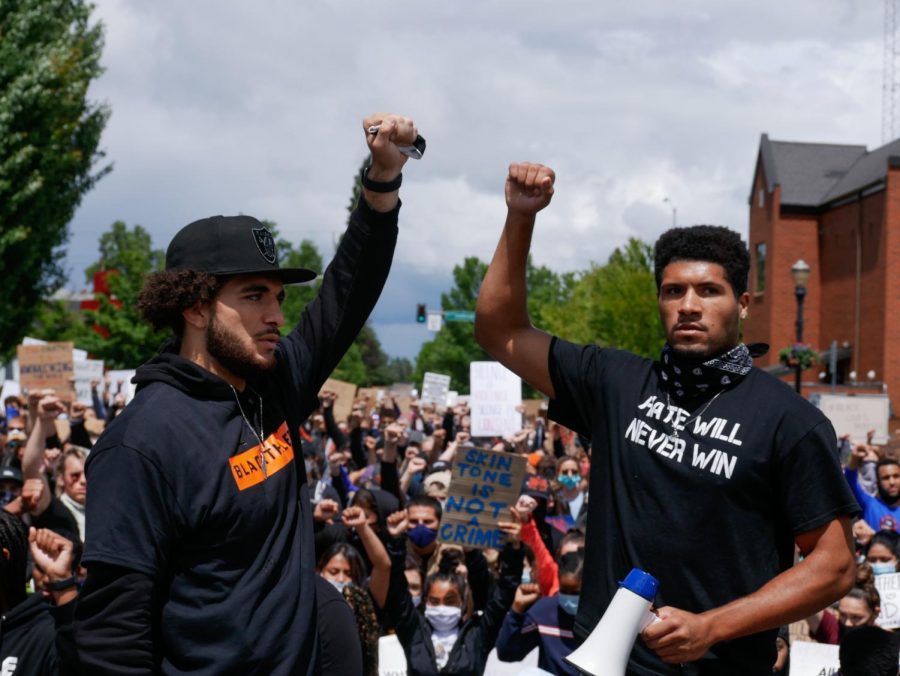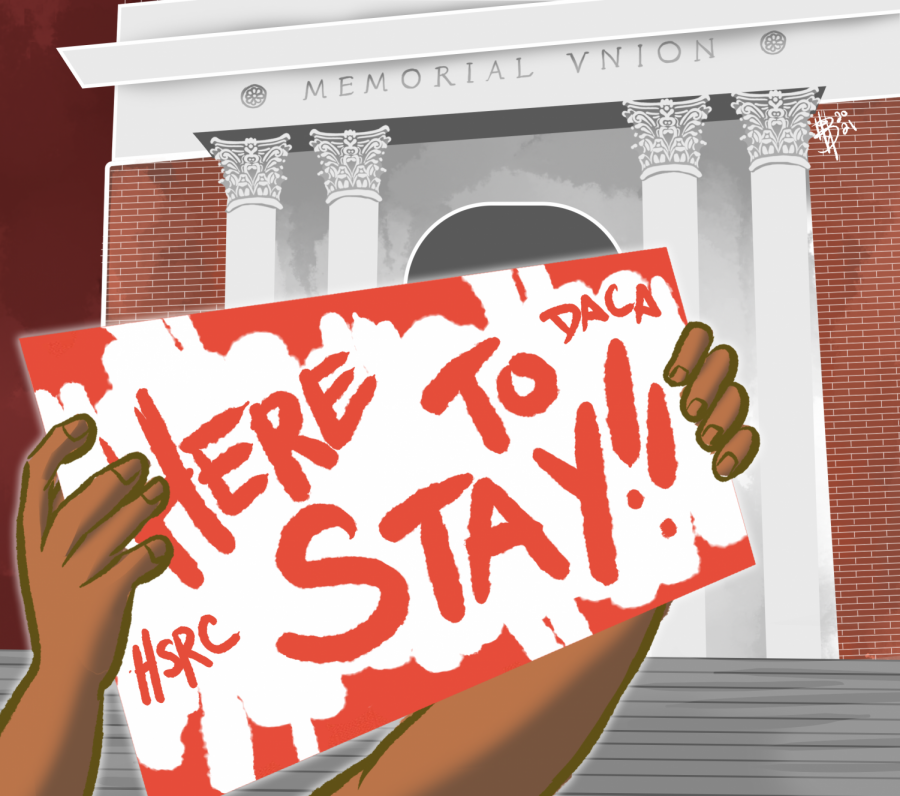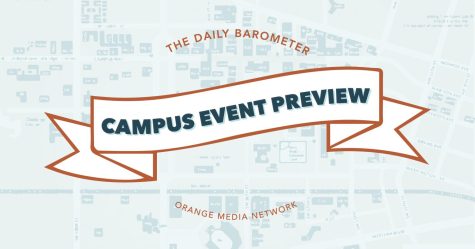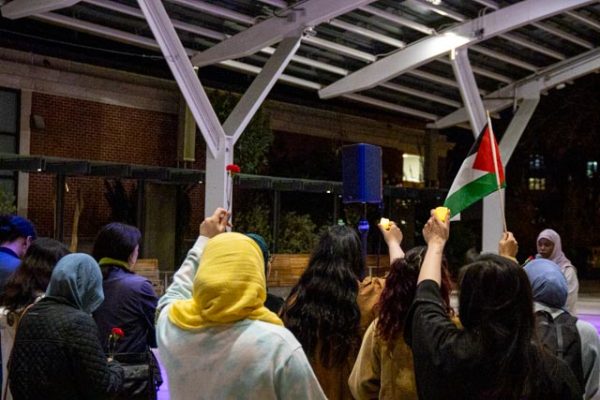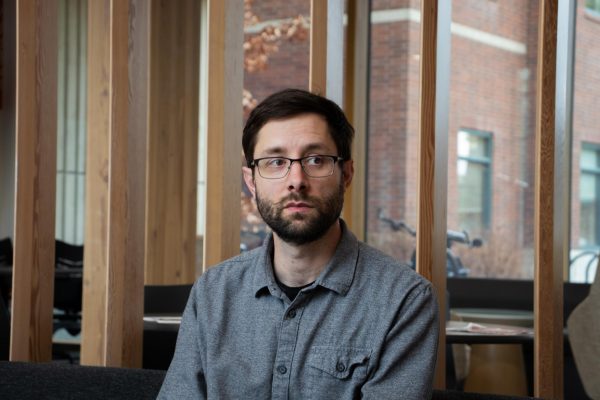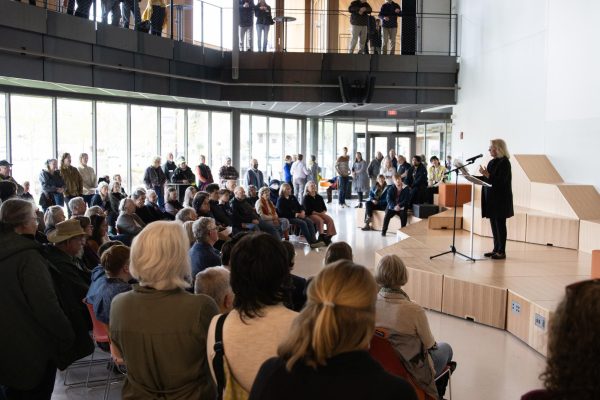Texas district court DACA decision ‘alarming’ and ‘devastating’ for OSU DREAMers
August 14, 2021
A Texas federal judge recently declared Deferred Action for Childhood Arrivals unlawful—a decision that will negatively affect Oregon State University DREAMers, according to OSU experts.
According to Pennsylvania State University Law’s Center for Immigrants’ Rights Clinic, DACA was first announced by former United States President Barack Obama on June 15, 2012. The policy addressed a decades-long controversial point of conversation—what can the government do for people who came to the U.S. undocumented before the age of 16?
DACA allowed these individuals to apply for deferred action and a work permit, and the program has protected almost 800,000 people in the U.S.
On Sept. 5, 2017, however, former U.S. Attorney General Jeff Sessions announced that DACA would be revoked. The retraction of DACA was challenged by multiple litigants, leading the cases to be consolidated for review by the Supreme Court.
The Supreme Court decided on June 18, 2020 that the termination of DACA was judicially reviewable and violated the Administrative Procedure Act, which governs how federal agencies like the Department of Homeland Security develop and circulate regulations, according to the United States Environmental Protection Agency.
On July 16, U.S. District Judge of the U.S. District Court for the Southern District of Texas Andrew Hanen ruled that DACA is unlawful, with reasoning that it violates the APA. This means that while DHS can continue to process DACA renewals, it may not approve new DACA applications.
Undocumented individuals who are in the process of applying to DACA are affected the most by this decision, according to Raina Martinez, assistant director of admissions and scholarships for the OSU Educational Opportunities Program and coordinator for the Dreaming Beyond Borders Resource Center. The declaration, she said, is alarming.
“We had hoped that with the new presidential administration we could take two steps forward rather than one big step back,” Martinez said in an email.
Besides the logistical effects it has on people’s citizenship status, chemical engineering and mathematics student and Dream Ambassador at DBB Cynthia Cruz Sanchez said there are other negative effects of the declaration.
“It also can affect the mental and emotional state for some of our current or future OSU students who do already have DACA, through continued anxiety and heightened fear of their immigration status not being secure and only temporary, with at any moment [the] government able to make life-altering decisions regarding their legal status,” Sanchez explained in an email.
Monica Olvera, an instructor in human development and family sciences, faculty advisor for the Here to Stay club and member of the Undocu-Ally group, called the decision “devastating” and “traumatic.”
“I think there are things that people can take for granted, like getting a driver’s license, applying for a job and having a Social Security number that you put on your applications for a loan or a savings account or for getting a car,” Olvera said. “All of those things that are kind of standard activities of being an adult are put in jeopardy when this type of decision comes down the pipe.”
On July 19, Interim OSU President Becky Johnson sent out a message to the OSU community reaffirming the university’s support of OSU DACA students and employees.
“We are dismayed by a federal court order [announced July 16] preventing new applications for DACA from qualified individuals, and we join more than 400 leaders nationally as part of the President’s Alliance on Higher Education and Immigration leaders in urging Congress to approve the DREAM Act of 2021,” Johnson said.
The DREAM Act, though it has been around since 2001, has never been passed into law, according to ImmigrationHelp.org. In March, however, the most recent version of the act was passed by the U.S. House of Representatives. Unlike DACA, which helps immigrants but provides less permanent protection, the DREAM Act would give DREAMers permanent legal status as well as a pathway to citizenship.
Until the DREAM Act or something similar is passed, however, DREAMers are placed into positions which leave them unsure and anxious about their legal status. Olvera said there are multiple resources at OSU which seek to help these community members.
The DBB Resource Center, which operates under the umbrella of the EOP and is located in Waldo Hall on OSU’s Corvallis campus, provides academic, legal and health resources to students under DACA. The center also provides educational and social programming to the OSU community as well as external communities. To work closely with allies, DBB enacts educational events, trainings and partnerships. Students in need of DACA-related funding can also contact DBB for assistance.
Here to Stay is an advocacy group for DACA students and undocumented immigrants, and Undocu-Ally is a group which works to support OSU’s DREAMer and undocumented community and provides training for both students and faculty and staff.
Olvera also recommended the OSU Human Services Resource Center. Though the HSRC does not directly provide funding to DREAMers for first-time or renewal DACA applications (which cost almost $500, according to Olvera), it does assist students with funding basic needs like food, housing and more. When DACA students can save money on those needs, they have more money available to them to pay for application fees.
The Associated Students of Oregon State University also provides legal services to students, including in the area of immigration.
Olvera said there is a program in the works for DACA graduate students to have a fellowship or internship with the College of Engineering, and also that DBB, Here to Stay and Counseling and Psychological Services have worked together in the past to create support groups for DREAMers. CAPS may be working to get someone on their staff who is able to support DACA recipient students, according to Olvera.
When decisions like Hanen’s occur, Sanchez said it offers an opportunity for the OSU community to “fill the support gaps and resource shortcomings” in the area.
“Showing compassion and listening to the unique struggles of students personally affected and students who have family members (such as parents, siblings or others) impacted by the ruling is also a way the OSU community can help and show care towards this immigrant population,” Sanchez said. “It remains needed, especially in these vulnerable and troubling times, the continuation to tirelessly advocate for the human rights—including attainment to education— of undocumented individuals.”
Olvera agreed that allyship is important and pointed out the necessity of listening, validating and recognizing individuals’ experiences with immigration and citizenship status.
Above all, however, Martinez said, “What would help most is to find a way to fix the broken immigration system.”





